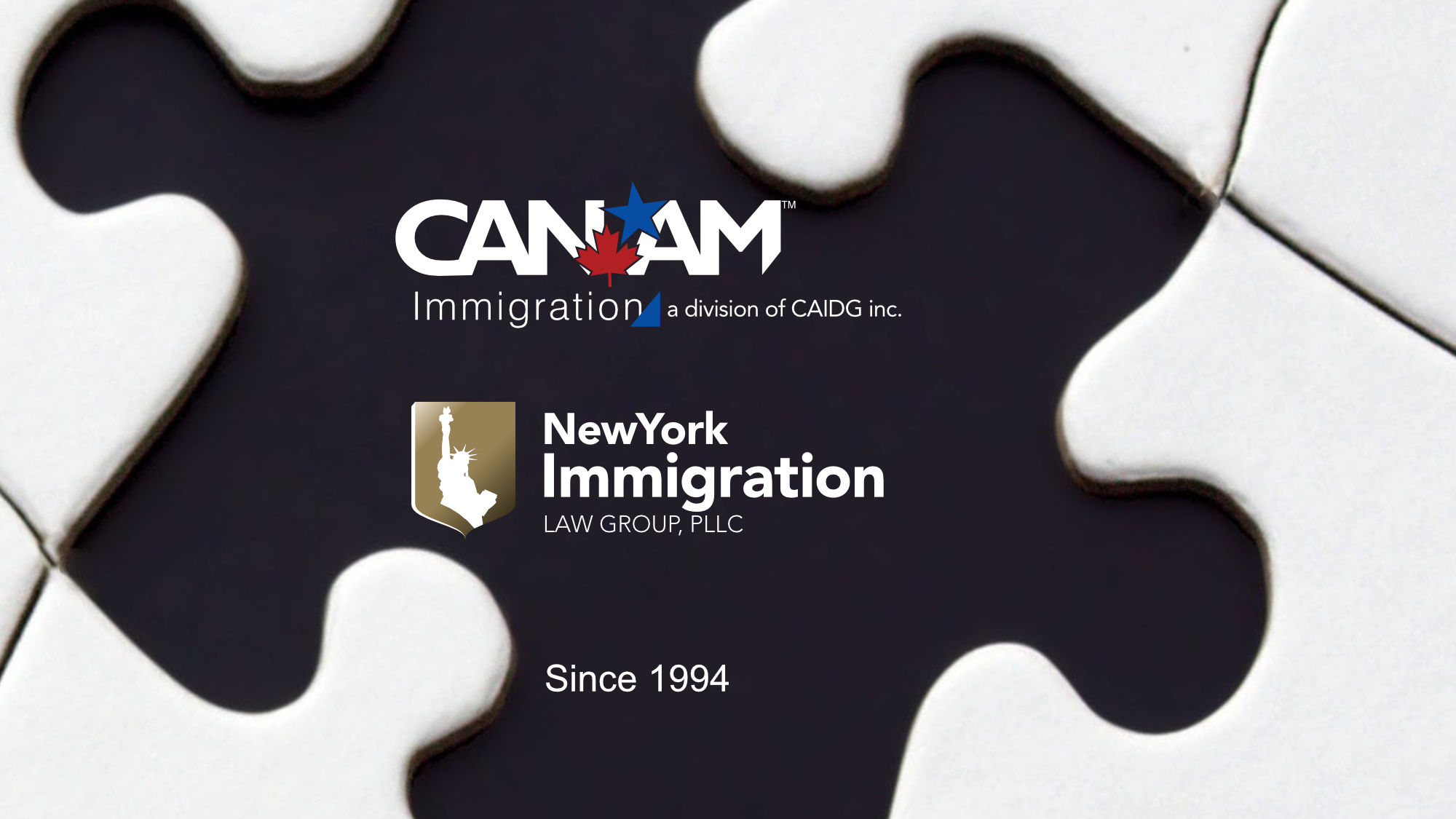Knowledge is Power. Planning equals Success.

“Knowledge is Power” and “Planning Equals Success” are two timeless adages that hold profound meaning and significance in various aspects of life. Both concepts interweave, complementing each other to empower individuals and organizations to achieve their goals and ambitions. In this essay, we explore the significance of knowledge and planning, their relationship, and how they contribute to success in different contexts.
Knowledge is the foundation upon which progress and development thrive. It encompasses information, skills, and understanding gained through education, experience, and observation. Whether it be scientific discoveries, technological advancements, or personal growth, knowledge serves as a catalyst for innovation and transformation. With knowledge, individuals gain the ability to make informed decisions, solve complex problems, and adapt to changing circumstances. In the realm of business, it provides companies with a competitive edge, enabling them to identify market trends, understand customer needs, and create cutting-edge products and services.
However, knowledge alone may not guarantee success; it needs to be coupled with effective planning. Planning involves setting objectives, outlining strategies, and organizing resources to achieve desired outcomes. It acts as a roadmap, guiding individuals and organizations towards their aspirations. In the absence of a well-thought-out plan, efforts may become disjointed, leading to wasted time and resources. Planning allows individuals to chart a course of action, anticipate potential obstacles, and develop contingency measures. In the business world, a robust business plan is essential for attracting investors, securing loans, and ensuring sustainable growth.
When knowledge and planning converge, they form a potent combination that paves the way for success. In education, students who acquire knowledge through rigorous study and complement it with strategic planning often excel in their academic pursuits. Similarly, professionals who continuously update their knowledge in their respective fields and plan their career paths achieve career advancements and personal fulfillment.
In the realm of entrepreneurship, successful business owners understand the market they operate in, keep abreast of industry trends, and make data-driven decisions. However, their knowledge alone does not guarantee success. Effective planning involves conducting market research, identifying target audiences, formatting marketing strategies, and setting realistic financial goals. The symbiosis between knowledge and planning ensures that a business not only survives but thrives in a competitive landscape.
In personal development, knowledge empowers individuals to understand their strengths and weaknesses, allowing them to set realistic goals and devise plans for self-improvement. With a growth mindset and a well-structured plan, individuals can continuously learn, evolve, and make progress towards their aspirations.
In conclusion, “Knowledge is Power” and “Planning Equals Success” are indelible truths that resonate across various domains. Knowledge serves as the foundation upon which progress and innovation thrive, enabling individuals and organizations to make informed decisions and solve complex problems. Planning, on the other hand, transforms knowledge into action by setting clear objectives, devising strategies, and organizing resources effectively. When knowledge and planning converge, they create a powerful synergy that propels individuals, businesses, and societies towards success. Embracing both concepts, we can navigate the complexities of life with confidence, drive, and purpose, achieving remarkable feats and leaving a lasting impact on the world around us.
